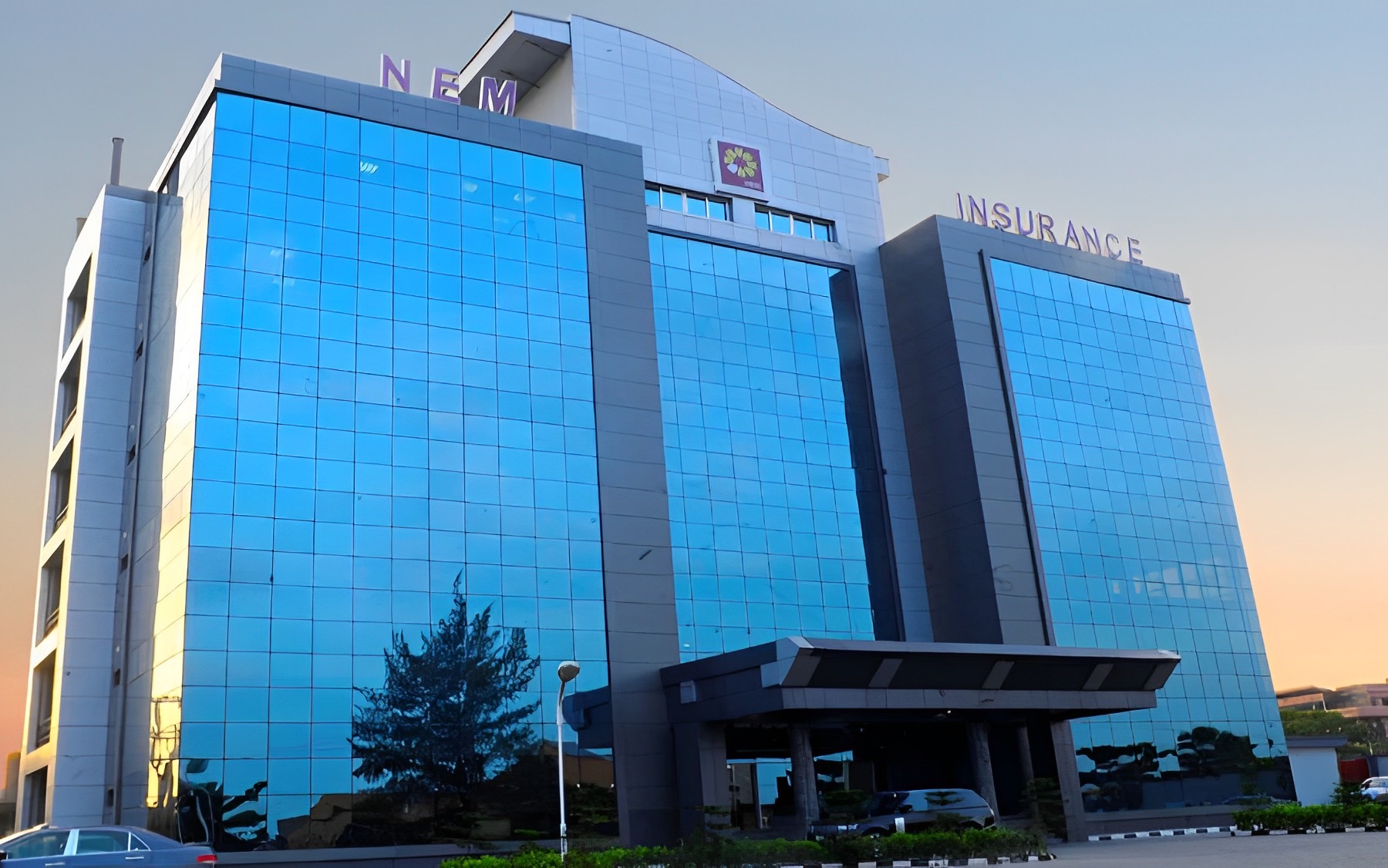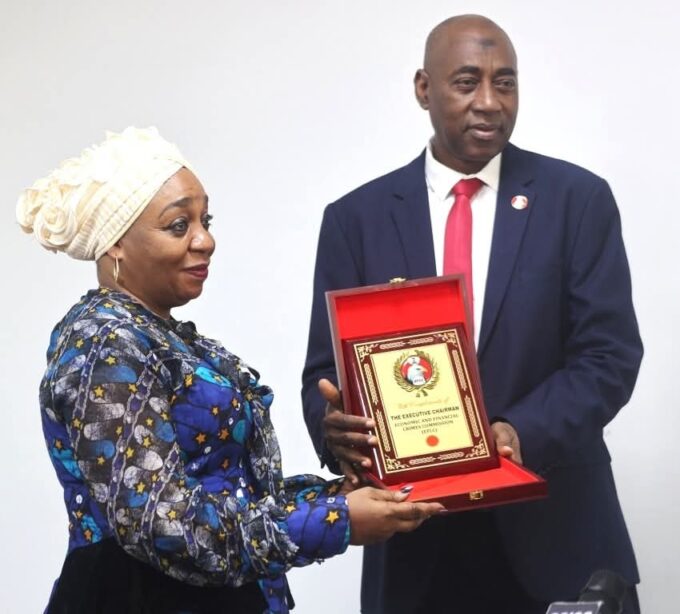Once again, a regulator of the financial sector has acted. This time it is not the Bank of Ghana (BoG) but the National Insurance Commission (NIC)—the watchdog of insurance companies in the country. Like its sister regulator—BoG—it has increased the minimum capital of the industry, a move that is sure to hurt local insurance companies.
A press release from the NIC last week announced that the minimum capital of insurance (life and non-life) companies have been increased by at least 233 percent; reinsurance companies 212.5 percent; and insurance broking companies by 66.7 percent.
Translated into amounts, the insurance (life and non-life) companies’ minimum capital has been moved to GH¢50million from GH¢15million; that of reinsurance companies also went up to GH¢125million from GH¢40 million; and that of insurance broking companies was also increased to GH¢500,000 from GH¢300,000. Reinsurance broking companies were however maintained at GH¢1million. The deadline for meeting this requirement is slated for June 2021—two years from now.
According to the regulator, there are currently 142 regulated insurance entities made up of 24 life insurance companies, 29 non-life insurance companies, 3 reinsurance companies and 85 insurance brokers and loss adjusters. The total assets of the insurance sector as at 2018 is in excess of GH¢6billion, and the total Gross Written Premium is about GH¢3billion.
The regulator maintains that increasing the minimum capital for the sector will enhance the underwriting capacity of companies, make resources available for investment in essential technology and development, and distribution of appropriate products which will help increase insurance penetration.
However, just as happened in the banking sector when the minimum capital was increased by 70 percent to GH¢400 million, resulting in the collapse of nine local banks, it is feared that a similar catastrophe may happen in the insurance sector.
The B&FT’s own sources have gathered that many local insurance companies are facing severe liquidity challenges, with many unable to pay premiums on time. It is even understood that some are reeling under huge debts, a situation that will make it extremely difficult for them to meet the new minimum capital. Local insurance companies, therefore, may be on the verge of suffering the same fate as local banks experienced last year.
This is corroborated by the 2019 Oxford Business School (OBG) report that quoted the Managing Director of Unique Insurance Company, Victor Obeng-Adiyiah, who cautioned that using recapitalisation as the only tool in strengthening the industry will hurt local insurance companies.
“Using recapitalisation rates as the only tool may leave us with a severely stunted home-grown market, with only those with access to foreign capital injections benefitting,” he said in the OBG report.
There are some in the industry who think the regulator should have waited for some time for the financial sector to recover from the shocks it experienced following reforms made in the banking and microfinance sectors, before also pulling the trigger on insurance companies.
But commenting on this, a professor of finance at the University of Cape Coast, Prof. John Gatsi, said there could be no more appropriate time than this.
“There cannot be a more appropriate time to continue financial sector reforms than now, because there is an inter-relationship between the banking sector, the capital market and the insurance sector. So, it is not appropriate to start a process in the banking sector, continue in the microfinance sector, and wait for some time for the insurance and other sectors within the financial sector. Hence, the process must continue so that both the positive and negative effects are managed together,” he told the B&FT in an interview.
Other analysts have also predicted major mergers and acquisitions even before the announcement of the minimum capital hike by the regulator. The same OBG report quoted earlier said mergers and acquisitions will be the way to go for most companies in order to make them relevant in the industry.
“Ghana’s GDP is considerably smaller than that of Nigeria, for example, amounting to around US$48bn in 2017 compared to the regional giant’s US$405bn, and yet it has almost the same number of licenced insurance companies – 29 compared to Nigeria’s 28. Reducing the number of insurers operating on the domestic market is therefore seen by many as essential to long-term sustainability.
“Recent history suggests that this outcome is a realistic possibility, with the last recapitalisation demand made by the regulator in 2015 resulting in significant mergers activity. Regency Alliance Insurance Ghana, for example, joined forces with NEM Insurance to create Regency-NEM Insurance Ghana. With assets of GH¢1.8million as of the fourth quarter of 2017,” the report stated.
The decision to increase the minimum capital is the fifth time in 16 years. The last increase happened in 2015, when the capital was moved to GH¢15million from the 2013 capital of GH¢10 million.
Source GhanaWeb














